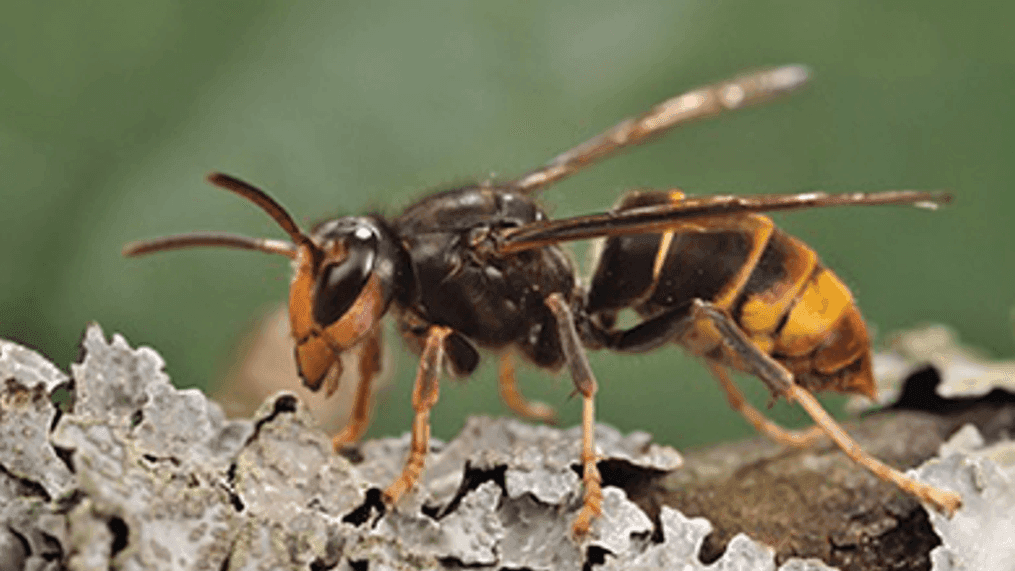Invasive yellow-legged hornet discovered for first time in US

SAVANNAH, Ga. (WOAI) — An invasive species of hornet was discovered for the first time in the U.S.
A beekeeper in Savannah found an unusual hornet on his property and notified the Georgia Department of Agriculture(GDA). The U.S. Department of Agriculture’s Animal and Plant Health Inspection Service confirmed on August 9 that the insect was a yellow-legged hornet.
The yellow-legged hornet or Asian hornet is a "social wasp species" that builds large paper nests that can house an average of 6,000 workers. The hornet is native to the tropical and subtropical areas of Southeast Asia.
GDA is asking the public to report any sightings of the yellow-legged hornet, a non-native hornet species, that, if allowed to establish in Georgia, could potentially threaten honey production, native pollinators, and our state's number one industry -- agriculture," the GDA said in a statement Tuesday.
The GDA is asking the public to keep an eye out for the hornets or their nests, which can be home to thousands of hornets.
"Georgians play an important role helping GDA identify unwanted, non-native pests, and I want to thank the beekeeper who reported his sighting to us, as well as our partners at the University of Georgia and USDA's Animal and Plant Health Inspection Service for working swiftly to confirm its identity," said Agriculture Commissioner Tyler Harper.
The hornet's most distinctive feature are legs that are mostly or partially covered in yellow, giving them their name.
"Yellow-legged hornets can be dangerous, and we encourage Georgians not to approach and maintain a safe distance when taking photographs," said the GDA.
If you are not in Georgia, please report your sighting to your local extension agency or Department of Agriculture.
